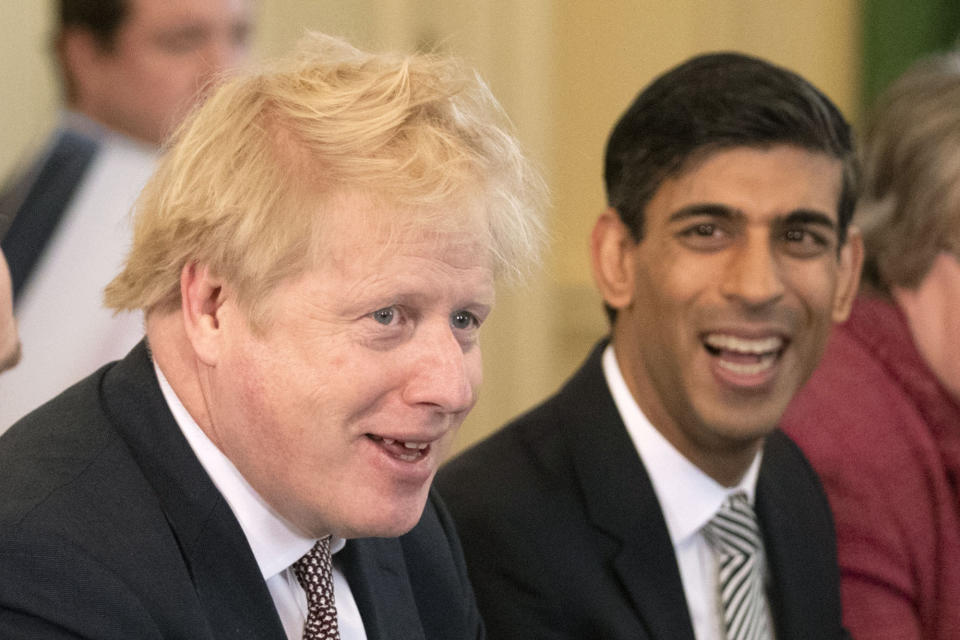New chancellor Rishi Sunak confirms date of UK budget

The new chancellor Rishi Sunak has confirmed the UK government’s budget will go ahead as planned on 11 March.
The announcement ends several days of uncertainty over the timing and direction of the set-piece announcement on the government’s tax, spend and borrowing plans.
Prime minister Boris Johnson’s cabinet reshuffle had left the budget in limbo after his former chancellor Sajid Javid shocked Westminster by walking out.
Javid had reportedly been told he could only stay on if he agreed to sack all his advisers, replacing them with candidates appointed by the prime minister’s team. The new chancellor will share advisers with Downing Street, giving the prime minister and his aides significantly more influence over the public finances.
Sunak tweeted: “Cracking on with preparations for my first Budget on March 11.
“It will deliver on the promises we made to the British people – levelling up and unleashing the country’s potential.”
Read more: Analysts predict ‘populist’ spending boost after Javid walks
There had been speculation the budget could be delayed to give the new chancellor more time to prepare.
Analysts predict the government will loosen the purse strings, in a bid to shore up support among voters who backed the Conservatives for the first time in last year’s election in parts of the North and the Midlands.
Sunak made the announcement less than an hour after official figures were released shining a positive light on the UK economy. The data showed Britain’s recent jobs boom continuing to break new records, despite sluggish growth, investment and productivity and Brexit uncertainty.
The number of people in work hit a fresh record high, with the employment rate reaching 76.5% between October and December. But the Office for National Statistics (ONS) figures on Tuesday also showed the proportion of workers in zero-hour contracts had reached a record 3% of those in work.
Cracking on with preparations for my first Budget on March 11. It will deliver on the promises we made to the British people – levelling up and unleashing the country’s potential. pic.twitter.com/5msCVfJWN8
— Rishi Sunak (@RishiSunak) February 18, 2020
